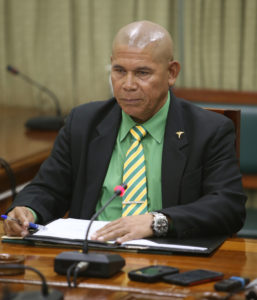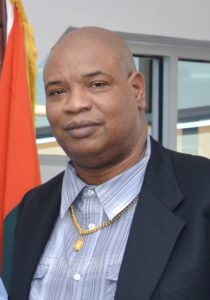It may talk the talk, but the Government has not been walking the walk of social cohesion. This is according to a former Chairman of the Ethnic Relations Commission (ERC), who believes that the Government has no serious intentions of re-establishing the ERC.

Dr George Norton




